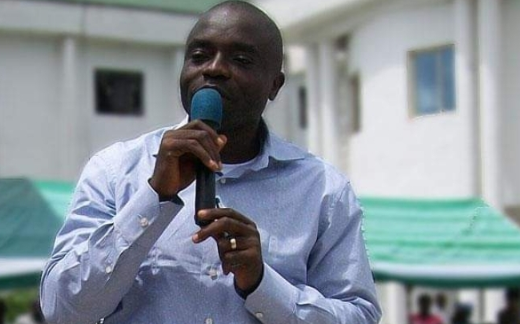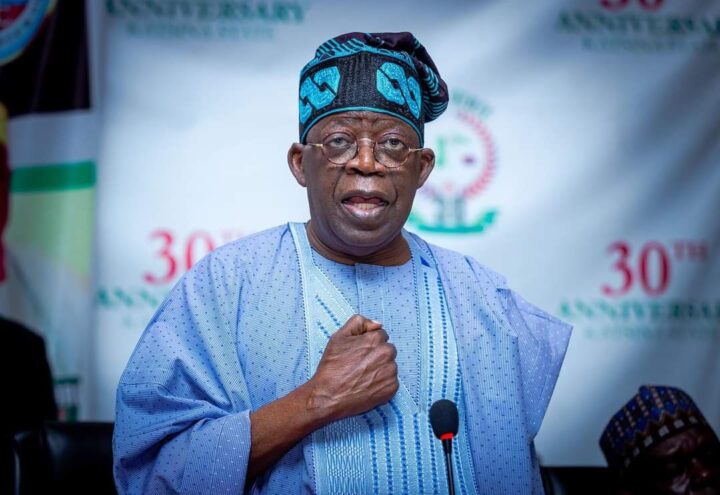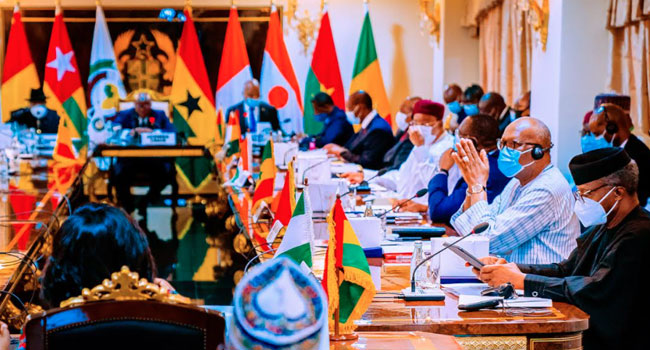BY JULIUS OGUNRO
It is disheartening that there are no original philosophical thinkers in Nigeria. In a society of over 200 million people, there appear to be no exceptional minds who can provide deep philosophical explanations and offerings for the social, moral and ethical issues of today.
Questions such as: “What is the meaning of life? Why do we suffer? Why do we die? and What happens after death?” are ageless, and every generation – and people – have attempted to solve these puzzles from different philosophical standpoints, leading to increased knowledge and insights and then more questions. And the cycle goes Infinitum.
Nigerians are, however, missing from this equation. What we have are conduits for the religious ideas and experiences of other people, mainly Europeans and Asians. Our non-political thinkers are always religious leaders – Christians and Muslims- who only parrot the religious ideas that were fashioned elsewhere hundred years ago, with little effort at domestication.
But no original thinking. No deep philosophical offerings and insights as to why we love and hate, what is consciousness, and what it means to truly live. Or die. There are countless moral and ethical issues requiring intervention from an original African point of view. But nothing from us.
Advertisement
Conversely, India is a fertile ground for deep philosophies. It produces all sorts of gurus – religious and non-religious moral leaders – who produce a large body of knowledge explaining life and all the puzzles inherent in it. You may disagree with the main ideas of their thesis, but not the fecundity of the minds that produced it.
I am currently learning about the life and works of U.G Krishnamurti, the Indian philosopher, if you could call him that, who rejected the very basis of thought and all the systems of thought and knowledge, per his Wikipedia page. UG, as he was fondly called, negated the idea of spiritual enlightenment and warned people not to waste their time seeking it. “Tell them that there is nothing to understand,’’ he said.
Then there was Acharya Rajneesh, the agnostic and controversial Indian guru, who taught extensively about how to attain true joy, love, freedom and so on. There is a long list of Indian philosophers, starting from the 1st century AD. These will include a mix of old and new philosophers such as Adi Shankara, Acharya Vamana, Joaishree Odin, Vishal Mangalwadi and Syed Abdul Saheed.
Advertisement
And there are many more Indian ethical leaders who come from varying and multiple backgrounds: Hindu, Buddhism, agnostic, humanistic and so on. Note that their background was/is not only religious but humanistic as well, as you don’t have to be a pastor, an imam or a religious guru to provide insight on the moral and ethical issues of the day. The thing to note is that these (Indian) ethical leaders extended the knowledge handed to them and in some cases, as with U.G, started a new line of thinking altogether.
In Nigeria, deep and critical thinking is absent. Our moral leaders, if could call them that, only repeat, with slight modifications, the religious thinking and ideas that were passed to them many years ago by foreign missionaries and leaders. Outside religion, we seem not to have any (new) ideas and explanations about life and the mysteries that come with it.
Granted there have been some changes to the dominant religious ideas. With Christianity, it has become more materialistic, infusing some African symbolism and ideas. Islam has become more radical and unbending, with a significant strain becoming intolerant of other faiths. But the sources of these changes in the two dominant faiths are not local but mainly foreign. The new wave of materialism in Nigerian Christianity can be traced to the Word of Faith movement and neo-Charismaticism in the US, while Saudi Arabia’s Wahabism is responsible for the new militant Islam.
So, why is there no original thinking in Nigeria? Why are we not producing, like India, fresh insight into age-old problems and puzzles of life? Is it because we are too lazy mentally? Or have all the questions about life been already answered and so why bother? Are we too poor to think?
Advertisement
It is puzzling. But I strongly believe that this lack of original thinking is a modern phenomenon. Had we proper recordings of the lives of mythical and extraordinary personalities that once lived here such as Sango, Ogun, Oya, Obatala and so on, we probably would have learnt great insights and ideas from them. Perhaps, it was because their great minds produced extraordinary ideas and insights that led the average people of those days to deify them as gods.
We may never know. But what we know is that it will be difficult for a society without original ideas and thinking; that is, without a strong philosophical foundation, to truly grow.
Views expressed by contributors are strictly personal and not of TheCable.
Add a comment






